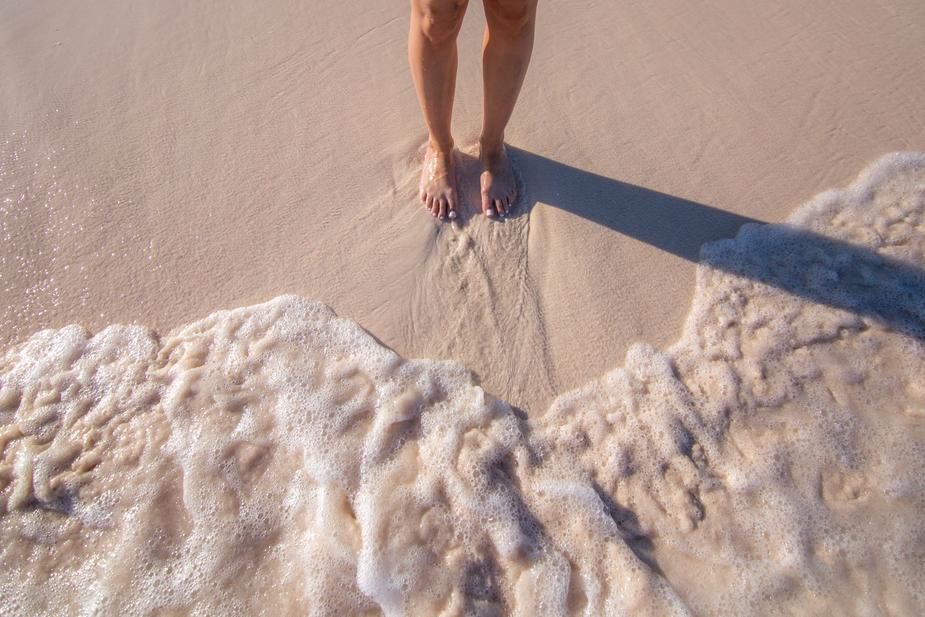 When you visit My Skin Centre for the first time, one of our friendly and experienced team members will perform a full body skin and mole check. During this screening process we will flag any abnormalities and record this on your file.
When you visit My Skin Centre for the first time, one of our friendly and experienced team members will perform a full body skin and mole check. During this screening process we will flag any abnormalities and record this on your file.
We use a special tool called a dermascope to look beneath the surface of your skin, this allows us to determine whether a lesion requires further investigation. Occasionally a biopsy may be performed by numbing the area and removing a small portion of the spot for further examination.
A melanoma is a type of skin cancer which can be serious if not detected early. One of the major risk factors for developing melanoma is through sun exposure, and prevention is the best way to keep your body protected. There are various stages of melanoma, depending on the thickness:
If a melanoma is detected, the next course of action will depend on how far it has advanced. If the biopsy has returned from the laboratory as positive, you will be booked in for a mole removal.
During the early stages, surgically removing a melanoma may be all that is required. Additional incisions may be made to the surrounding areas, to lessen the likelihood of further melanomas appearing.
Advanced melanomas may require more extensive treatments such as chemotherapy or radiation. Just remember, the earlier cancer is detected, the better the outcome!
The two other main types of skin cancer are basal cell carcinoma and squamous cell carcinoma. While these are generally not as fast growing and severe as melanoma, it is still important to have them removed. Each year there are over 750,000 Australians who are diagnosed with non-melanoma skin cancer, and many more who go undetected.
The most common procedure for removal is surgery, and depending on the size you may even be left with little or no scarring. More advanced types of cancer may require radiotherapy, cryotherapy, medication or laser treatments. Our experienced doctors will recommend the best form of treatment.
If you have had something removed, you will be booked in for a follow up appointment. It is highly recommend you have regular skin and mole checks, and even more so after an abnormality has been found.
Our supportive team will guide you through the entire process, and if you do require treatment, we will ensure you are as comfortable as possible.
Australia has one of the highest rates of skin cancer in the world, but your risk can be reduced by protecting yourself in the sun. This means wearing sunscreen, covering up and limiting your time outside during the hottest part of the day.
If you are concerned about the health of your skin, please contact My Skin Centre today. We have 9 convenient locations throughout WA, and can give you peace of mind with our skin and mole checks.
With multiple locations throughout Perth and the South West there is a clinic near you!